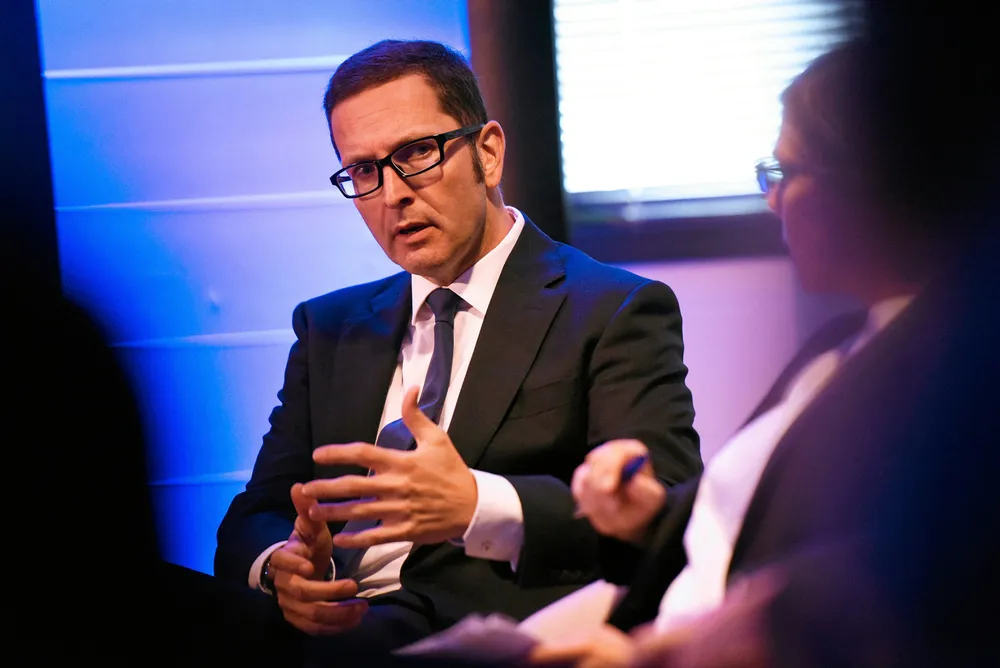Russian retreat leaves Wintershall Dea facing $5.7 billion writedown
Kremlin’s restrictions on Western companies push German player to lose half its total hydrocarbon production following exit

Kremlin’s restrictions on Western companies push German player to lose half its total hydrocarbon production following exit
